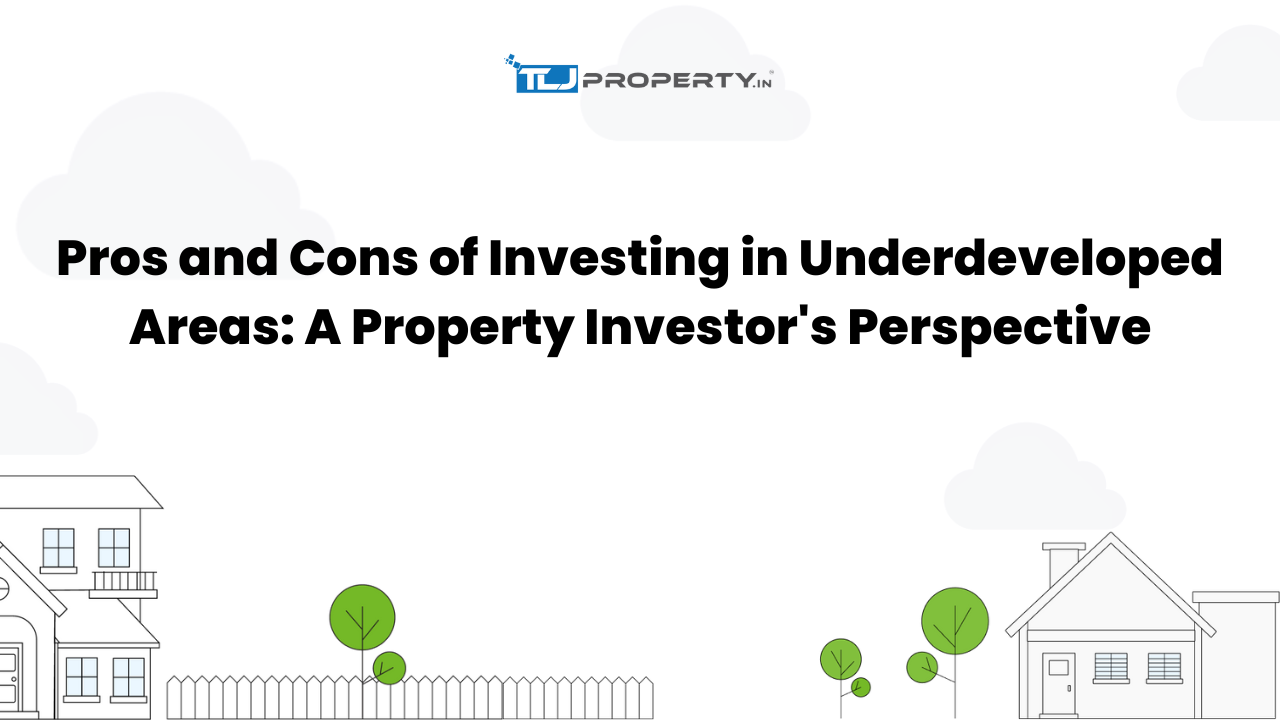Blogs
Understanding the Impact of Interest Rates on Property Prices
.png)
In an ever-changing real estate economy, it is important to stay ahead of the currency. One such factor that has attracted considerable attention has been the rise in interest rates.
As interest rates rise, investors, property owners and Real Estate Property agents need to understand the impact that capitalization rates (cap rates) can have on property values
In this article, we will explore and Understand the Impact of Interest Rates on Property Prices.
Among other cities in Gujarat, Ahmedabad is fortunate to have a beautiful location and is the largest city in Gujarat. Between investments, infrastructure and housing, the city has become the choice for investors and end-users. Affordable properties for sale in Ahmedabad have been loaded and this city is also attracting colonial interest. Since then, the new airports of GIFT City and Golden Quadrilateral have been the focus. Most of these developments are likely to affect real estate in Ahmedabad and home buyers see the benefits of infrastructure development across the city’s economic landscape.
Understanding the Relationship:
Profits are intrinsically linked to real estate. When interest rates rise, the cost of borrowing increases, affecting the affordability of real estate investments. This can affect property values and cap rates.
In theory, when interest rates rise, it can be harder for individuals to buy property, as they rely on debt for financing. This can reduce demand for real estate, creating a supply-demand mismatch in residential investment prices
Property Value:
As interest rates rise, demand for real estate stops. High financing costs can deter potential buyers, driving down property values. Vendors may need to adjust their expectations to reflect market conditions. This market is an interesting anomaly because we are still relatively strong despite rising prices - depending on the asset class.
Cap Rates:
Capitalization rates, or cap rates, are a key metric in residential properties investment. They represent the relationship between an asset’s net operating income (NOI) and its current market value. Cap rates are increasing in a rising interest rate environment. This is because investors generally demand higher returns to compensate for higher borrowing costs and perceived risk.
Strategies for Change
It is mandatory to double check your portfolio of real estate on regular basis with the fluctuations of interest rate. Always consider you mix of asset, budget, and alignment with goals (financial).
Types of Applications:
If you want to decrease the impact of increasing interest rates you have to diversify your assets across properties and exact location. Few areas like industrial area and multifamily housing is considered as more vulnerable than the other ones
Reinvestment:
If possible, consider reinvesting in existing assets to lock in lower interest rates over time. This can easily provide equal balance in a volatile interest rate environment.
Underwriting and Due Diligence:
Customise your Budget:
Depending on your risk tolerance and investments, you need to be flexible with your budget. For example, if you are looking for long-term stability, you can prioritise assets with a steady income, which is more likely to be appreciated.
Stay Informed:
Keep a close eye on economic indicators and central bank policies. Being informed about possible changes in interest rates can help you anticipate changes in the market and make informed decisions.
Conclusion
Adaptability is key in the world of real estate investing. The impact of higher interest rates on asset prices and real estate properties is uneven across markets and asset classes.
Savvy investors recognize that even challenges can lead to opportunities. By staying informed, diversifying portfolios, and managing finances strategically, real estate agents can navigate the changing high-interest rate environment and remain successful in the world within the dynamic real estate finance sector.


.png)
.png)










